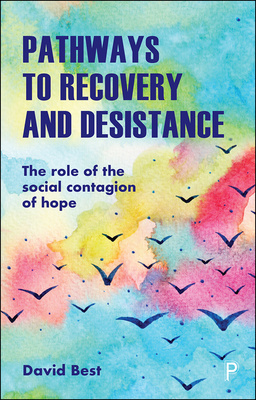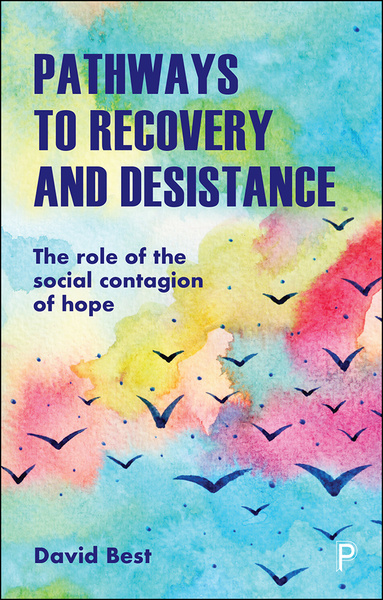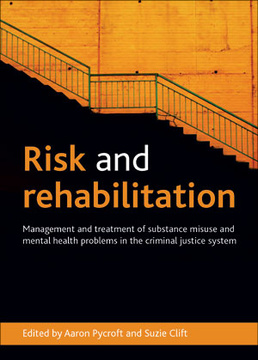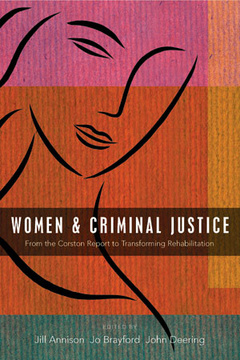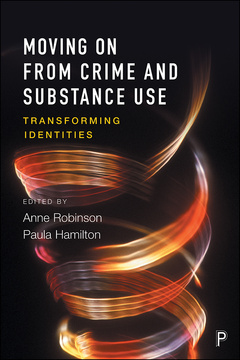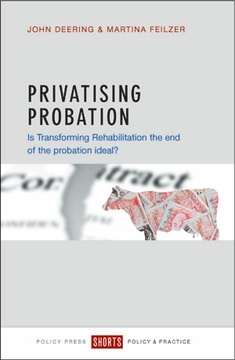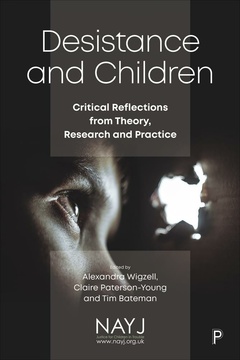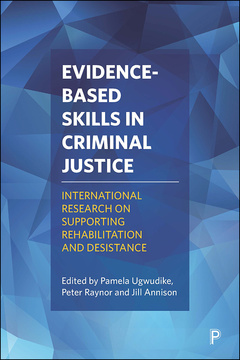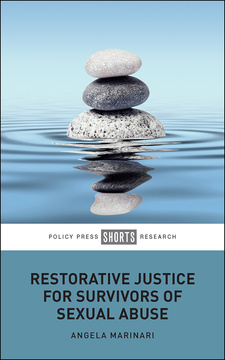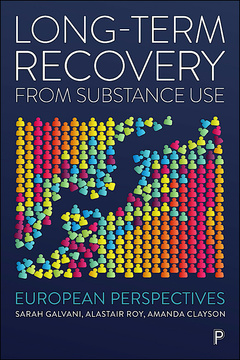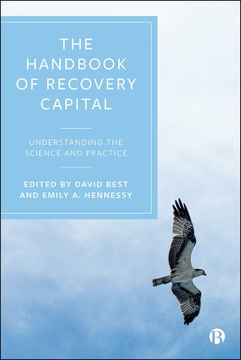Published
Sep 4, 2019Page count
232 pagesISBN
978-1447349303Dimensions
216 x 138 mmImprint
Policy PressPublished
Sep 4, 2019Page count
232 pagesISBN
978-1447349327Imprint
Policy PressPublished
Sep 4, 2019Page count
232 pagesISBN
978-1447349327Imprint
Policy PressPublished
Sep 4, 2019Page count
232 pagesISBN
978-1447349310Imprint
Policy PressAvailable Open Access under CC-BY-NC licence. This is the first book that uses the latest research evidence to build guidance on community-based rehabilitation with the aim of challenging stigma and marginalisation. The case studies discussed, and a strengths-based approach, emphasize the importance of long-term recovery and the role that communities and peers play in the process. Best examines effective methods for community growth, offers sustainable ways of promoting social inclusion and puts forward a new drug strategy and a new reform policy for prisons.
“I’ve been waiting for a book like this. Not only does David Best clearly outline the theoretical framework that underpins his approach to addiction and recovery, he gives clear, straightforward examples of how they work in practice. This book is that rare thing; a manual for researchers and practitioners alike.” Rowdy Yates, President of European Federation of Therapeutic Communities
''In this remarkable new book, David Best turns his considerable gifts toward developing a full-fledged sociology of "hope" - surely the most important and misunderstood concept in the fields of criminology and addiction studies. My hope is that it starts a revolution of hope studies in recovery work." Shadd Maruna, Queen's University Belfast
David Best is Professor of Criminology at Leeds Trinity University and Honorary Professor of Regulation and Global Governance at Australian National University. Trained as a psychologist and criminologist, he has worked in practice, research and policy in the areas of addiction recovery and rehabilitation of offenders.
Foreword ~ William L. White;
What we know about recovery, desistance and reintegration;
Australian origins: building bridges and community connections;
What do you need to recover? Jobs, Friends and Houses;
Keep it in the family: the role of families in supporting the rehabilitation of prisoners;
Recovery, research and communities: Sheffield Addiction Recovery Research Group (SARRG) and recovery cities;
Developing an initiative to support community connections;
A visible and accessible recovery community;
Overview and conclusions.







